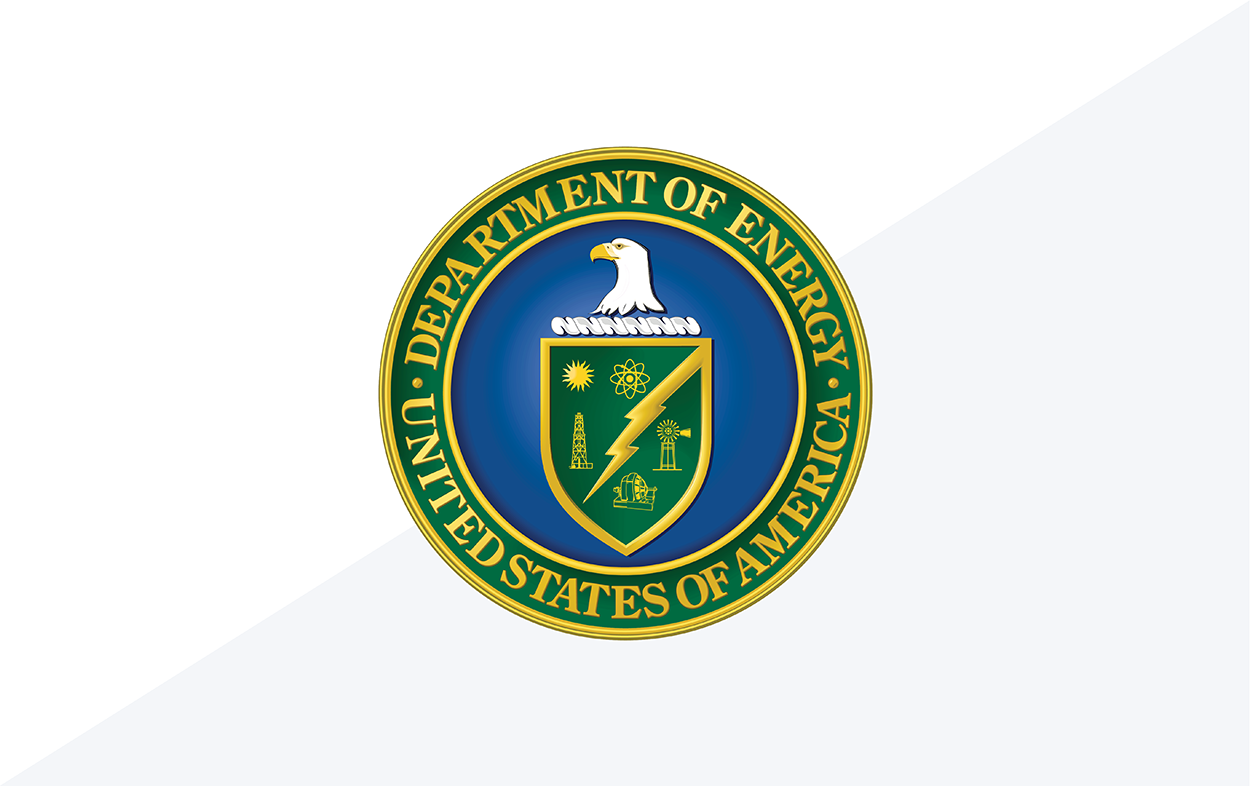
On November 7, the Ministers of Energy for the three Baltic countries of Estonia, Latvia, and Lithuania and the U.S. Secretary of Energy convened for a fifth 3+1 Energy Dialogue in Athens, Greece, on the margins of the Partnership for Transatlantic Energy Cooperation (P-TEC) Ministerial. Estonia’s Minister of Energy and Environment Andres Sutt, Latvia’s Minister for Climate and Energy Kaspars Melnis, Lithuania’s Minister of Energy Žygimantas Vaičiūnas, and U.S. Secretary of Energy Chris Wright reaffirmed their shared commitment to strengthening transatlantic relations and deepening the strategic partnership; increasing the security, resilience and protection of critical energy infrastructure; growing U.S. liquified natural gas (LNG) imports for European independence from Russian energy and to support Ukraine; and enabling innovative nuclear deployment. The ministers also celebrated the success of their joint multi-year effort to desynchronize the Baltic electricity grid from Russia and synchronize with the Continental European network, which was achieved in February of this year.
The Ministers and Secretary discussed ongoing critical energy infrastructure security and resilience concerns acutely affecting the Baltic region, but applicable globally, including: physical security of undersea cables and pipelines and physical and cyber-security of electricity grid infrastructure ranging from the bulk power system to behind-the-meter technologies. The group noted recent exercises conducted by the U.S. Department of Energy and experts at the Pacific Northwest National Laboratory in Riga, Latvia to enhance responsiveness to grid disruptions and pledged to continue cooperation on infrastructure security.
The Ministers and Secretary also noted the importance of the security of energy supply, emphasizing that there can be no national security without energy security. They discussed a shared desire to increase the import of abundant U.S. LNG to the Baltic region and the whole of Europe. They also considered the possibility of transferring imported LNG to Ukraine on the basis of negotiated agreements to help meet a critical energy need in Ukraine this winter and beyond.
Also of interest to all four countries present is the deployment of innovative nuclear technologies, such as small modular reactors. Such technologies can play a critical role in the security of baseload energy supply and the robustness of the Baltic power grid. Many U.S. technologies could play a role in the development of civil nuclear power in the Baltic, and the Ministers and Secretary committed to strengthen their already productive collaboration in this area.
The Ministers and Secretary celebrated the successful desynchronization of the Baltic grid from Russia and its synchronization with the Continental European grid. The February 2025 desynchronization was the culmination of many years of effort from the Baltic countries, with assistance provided by U.S. experts at the Pacific Northwest National Laboratory, and marked a critical milestone in Baltic energy security.
The Ministers and Secretary underscored their countries’ support to Ukraine and its people. The recent decision by the United States to impose further sanctions on major Russian oil companies as well as steps by the European Union, including approval of the 19th sanctions package, are important contributions to bringing a just and lasting peace closer in Ukraine.
The Baltic countries and the United States value the strategic and future-oriented cooperation in the energy sector fostered by the Baltic 3+1 Energy Dialogue. Looking ahead, the Baltic countries and the United States reaffirm their dedication to a strong transatlantic bond, built on trust, mutual interests, and shared vision for a secure, resilient and prosperous future. They intend to continue discussion and cooperation through the 3+1 Energy Dialogue to strengthen their strategic relationship, ensuring energy security and spurring energy innovation.










